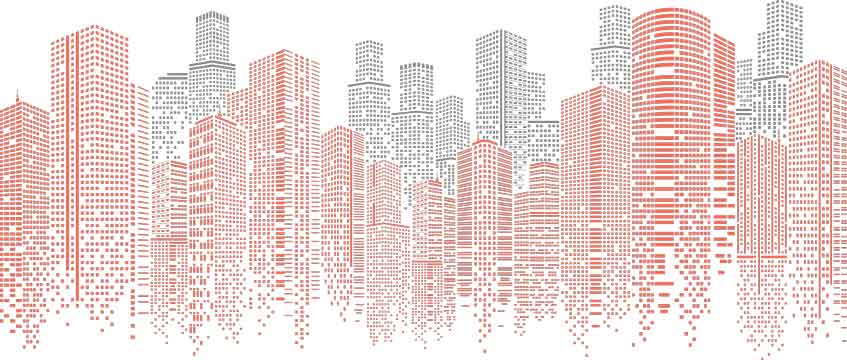Real estate is at a ‘pivot point’, says global report
The global real estate industry is at a “pivot point”, with renewed investment just around the corner, according to PwC and the Urban Land Institute.
The pair’s Emerging Trends in Real Estate Global Outlook 2024, which brings together reports from Europe, the United States and Asia Pacific, found that moderating inflation figures and a potential peak in interest rates has led to a degree of optimism in the sector.
The report said many in the industry were hoping that the easing of the financial markets would lead to an eventual market acceptance of an aligned pricing “middle-ground”.
The global real estate industry is at a “pivot point”, with renewed investment just around the corner, according to PwC and the Urban Land Institute.
The pair’s Emerging Trends in Real Estate Global Outlook 2024, which brings together reports from Europe, the United States and Asia Pacific, found that moderating inflation figures and a potential peak in interest rates has led to a degree of optimism in the sector.
The report said many in the industry were hoping that the easing of the financial markets would lead to an eventual market acceptance of an aligned pricing “middle-ground”.
This is still tempered with a degree of caution, however, with many respondents unsure about the level of distress that may emerge in getting out of the current economic environment. There is around $1.2tn (£940bn) of commercial real estate debt in the US alone that needs to be refinanced.
The report said that while the industry has been in “wait-and-see” mode for the last two years, there was a “great reset” happening across the commercial real estate sector. It said “more progressive players” were taking the opportunity for a radical rethink of what will make real estate fit for purpose in the long term.
Many real estate leaders have a clear preference for more alternative property sectors, said PwC and the ULI, with a number of respondents indicating that the driver of investor behaviour is increasingly about “the three Ds”: demographics, digitalisation and decarbonisation. This is bolstering the investment case for housing, logistics and alternative sectors, notably data centres, said the report.
“This year’s report indicates that the market is beginning to get to grips with a new era of higher interest rates, and how this will need to impact pricing levels, said ULI Europe chief executive Lisette van Doorn. “Depending on the level of distress that might emerge, this may actually help the implementation of the ESG and, especially, the decarbonisation agenda, with potential buyers in a stronger negotiation position to incorporate the required capital expenditure.”
PwC real estate M&A director Gareth Lewis added: “Through our conversations with market participants, we identified a strong belief that a long-term, thematic approach, particularly centred around decarbonisation, opens up a new world of potential quasi-real estate products for investors.
“This includes the expectation of increased investment in sectors such as new energy infrastructure, which continues to be viewed as holding the greatest overall investment and development potential, according to survey participants in Europe.”
Van Doorn said the report overall showed “some optimism” for real estate over the next few years, with opportunities emerging at the intersection of real estate and infrastructure and significant structural opportunities that will catalyse the long- term growth of the industry.
Image by Shutterstock











